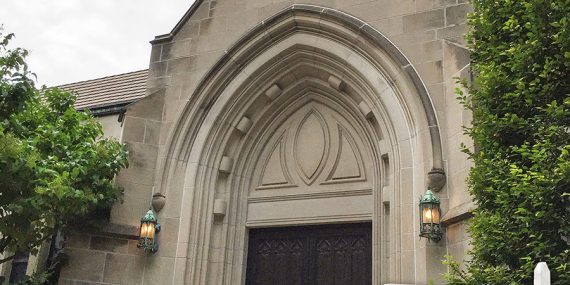Independent Contractors
Individuals who are “independent contractors” are not considered employees for wage and hour purposes. California Assembly Bill 5 addresses the “employment status” of workers when the hiring entity claims the worker is an independent contractor and not an employee. Additionally, Assembly Bill 2257, enacted in 2020, intended to clarify AB 5 and provide additional exemptions to the test for determining whether an independent contractor has been misclassified as an employee. Why it Matters:California’s labor law protects employees, but not independent contractors. Additionally, employees can go to state agencies such as […]




